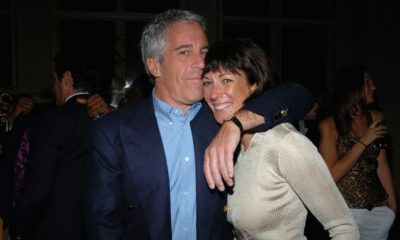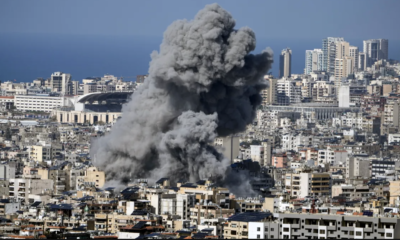News
Supreme Court Upholds Farmers’ Right to Protest Amidst Government Concerns Over Capital Access
In a landmark decision on Friday, the Supreme Court reiterated the fundamental right of farmers to protest, urging both the Central and Punjab governments to seek resolution through neutral mediators. This ruling comes amidst a renewed surge of farmer protests with intentions to march towards Delhi, reigniting tensions between the farmers and the government.
A Bench comprising Justices Surya Kant and R Mahadevan emphasized the democratic right of citizens to express their grievances. The hearing addressed the Haryana government’s petition against the Punjab and Haryana High Court’s directive to open the Shambhu border, which had been closed to prevent the movement of protesters.
Justice Kant’s remarks were clear: “In a democratic setup, they have the right to voice their grievances.” However, the Bench also noted that while the right to protest is upheld, the nature and methods of such protests should be considered to avoid disruptions. The farmers, for instance, were advised against bringing tractors or heavy machinery like JCBs to the protest sites.
Solicitor General Tushar Mehta, representing the Central government, expressed concerns about allowing protesting farmers direct access to the capital. “Protesting farmers cannot be allowed to simply go up to the capital,” Mehta stated, highlighting the government’s apprehension over potential security and logistical challenges.
The Supreme Court, aiming for a peaceful resolution, reiterated the need for dialogue facilitated by a neutral committee. “Please have a dialogue. Finalize the names (of committee members). There are some very good personalities. Sometimes there may be mind block because you have sent a political person, so think of neutral persons,” the Court suggested. This indicates a preference for involving experts, former judges with agricultural backgrounds, professors, and researchers from prominent universities to mediate the discussions.
This suggestion is not new. Last month, the Court had already prompted the government to reach out to the farmers, recommending the formation of an independent committee to facilitate dialogue. Both the Central and State governments of Punjab and Haryana were encouraged to suggest potential members for this committee.
The Solicitor General requested additional time to finalize the committee members, a request the Court granted, setting the next hearing for August 12. The interim arrangements will continue until then, with both governments expected to propose names for the committee collaboratively.
Advocate General Gurminder Singh, representing the Punjab government, also participated in the hearing. The ongoing efforts to implement the Supreme Court’s orders indicate a proactive approach to resolving the conflict.
This ruling underscores the delicate balance between upholding democratic rights and maintaining public order. As the farmers persist in their demands and the government navigates the complexities of facilitating protests without compromising security, the role of neutral mediators could be pivotal in bridging the gap between the two sides. The upcoming discussions and the eventual composition of the committee will likely play a crucial role in shaping the future of these protests and the government’s response to them.










































